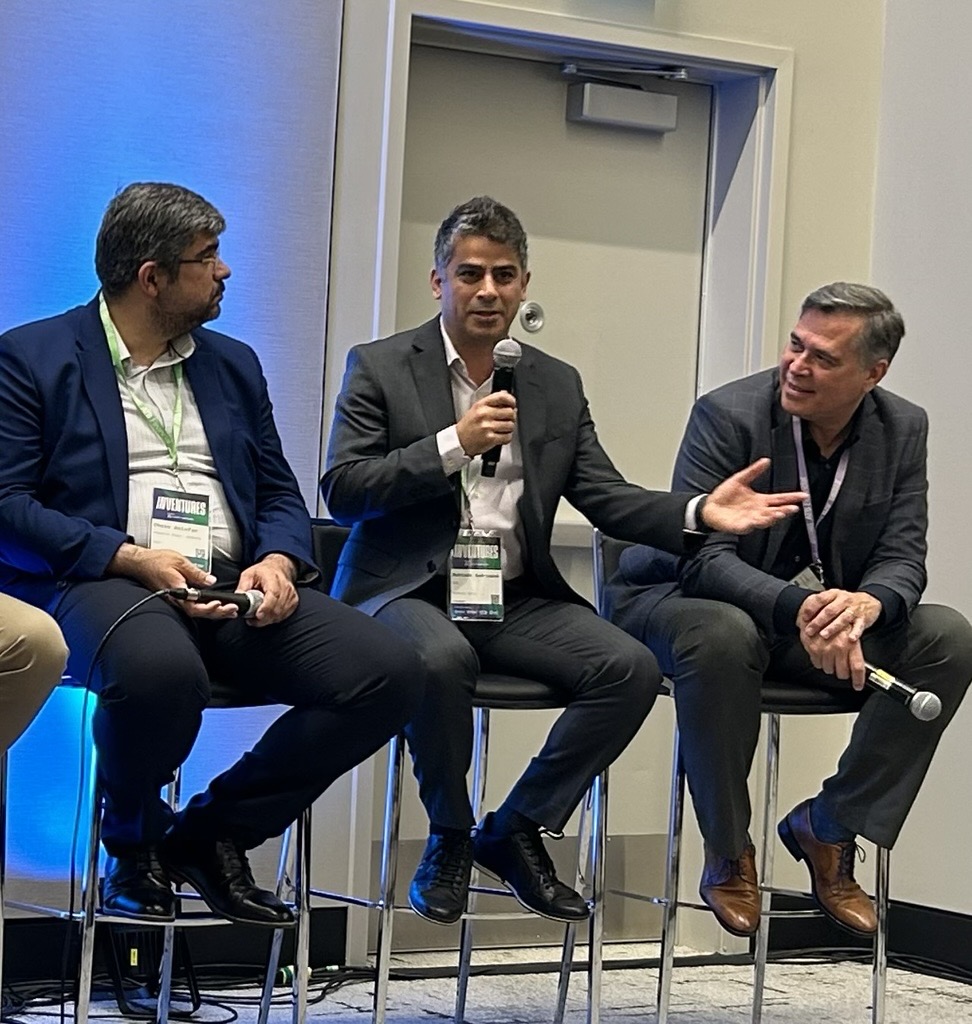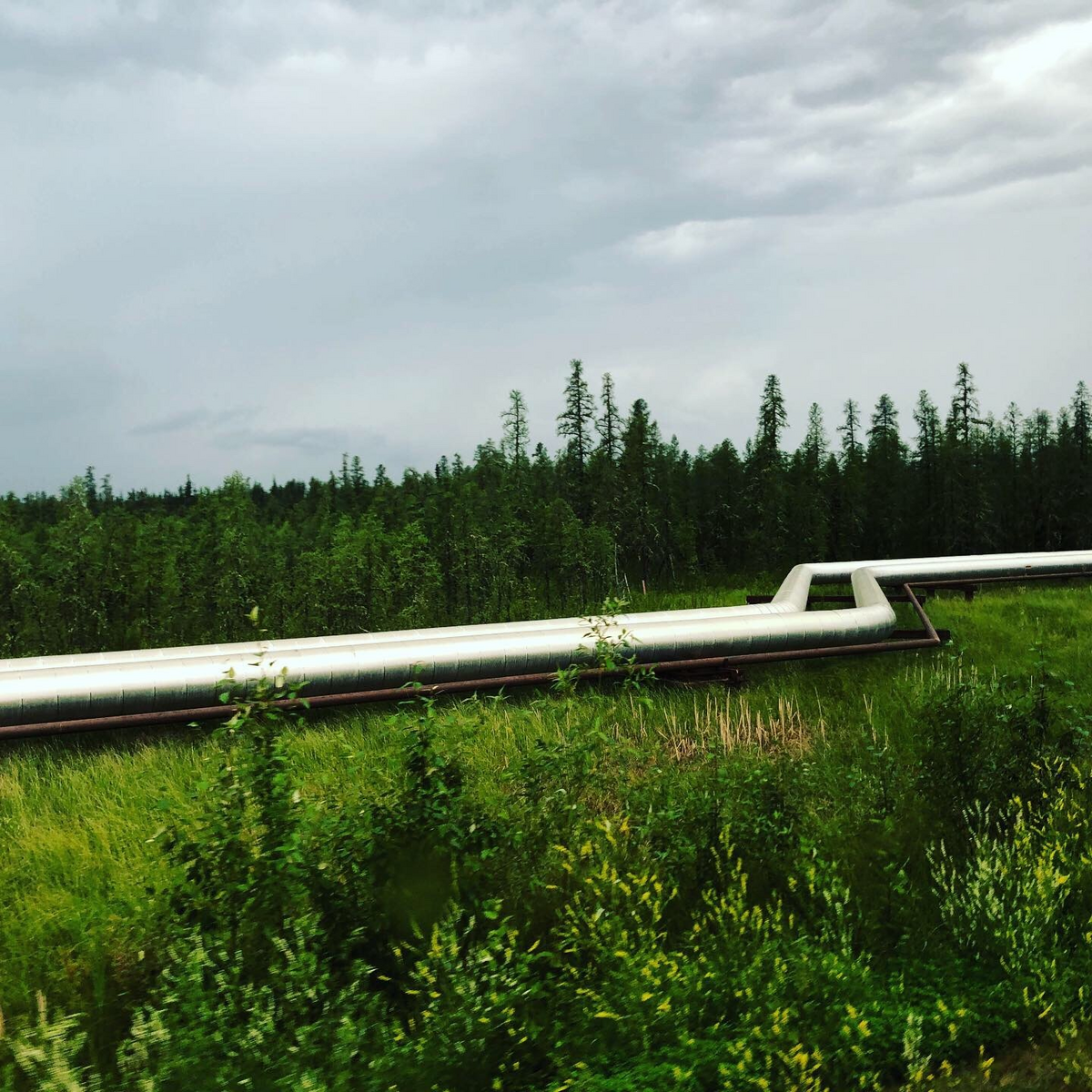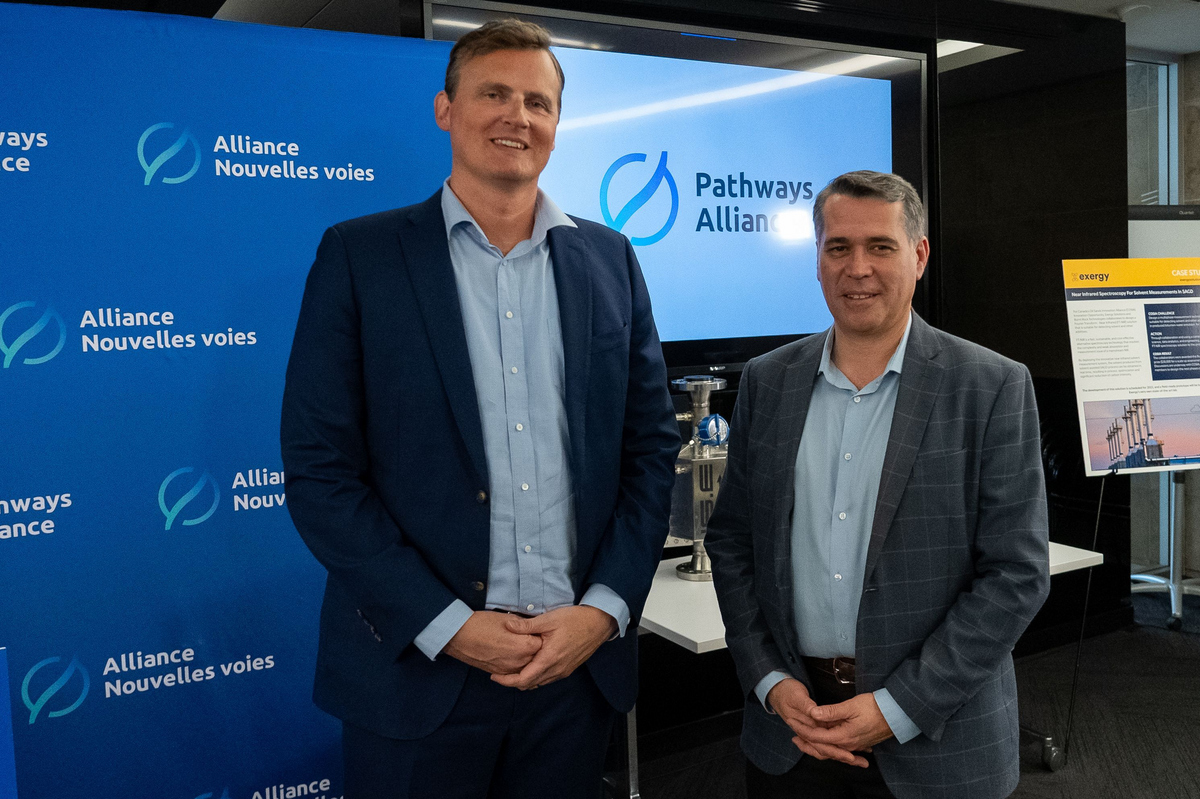Behind the innovation: Dr. Mohtada Sadrzadeh
October 6, 2025

In the heart of Alberta’s energy sector, where innovation is a necessity, Dr. Mohtada Sadrzadeh is quietly transforming the way we think about water treatment. From his early days as a postdoctoral fellow to founding a pioneering research lab and launching a startup, Mohtada’s journey is a testament to curiosity, collaboration and the power of interdisciplinary thinking.
A Journey Fueled by Curiosity
Mohtada’s story begins in Iran, where he studied chemical engineering and developed a fascination with process design. His interest in water treatment emerged organically—first through electrodialysis for heavy metal separation during his master’s, and later through membrane-based gas separation in his PhD. But it was the water-energy nexus that truly captured his imagination.
“Water is going to be the gold of the future,” Mohtada says. “It’s strategic, essential, and deeply intertwined with energy and the environment-impact.”
In 2011, he arrived at the University of Alberta to join a research group focused on oil sands water characterization. When his supervisor left unexpectedly, Mohtada stepped up, eventually earning a faculty position and launching his own research program.
Building the Advanced Water Research Lab
By 2015, Mohtada had founded the Advanced Water Research Lab (AWRL)—the first membrane-focused research lab in Western Canada. Supported by industry partners like Suncor and Canada’s Oil Sands Innovation Alliance (COSIA), the lab became a hub for developing high-temperature reverse osmosis (RO) membranes, a technology critical for improving water quality in oil sands operations. Essentially, RO works by applying pressure to a solution (like process water) to force water molecules through a membrane that blocks most contaminants. The RO membrane has microscopic pores that allow water molecules to pass but blocks larger molecules, such as salts, bacteria and other impurities, leaving clean water as the end product.
The connection between water quality and operational efficiency is clear: better water means less fouling in heat exchangers and steam generators, which in turn helps improve energy efficiency. “It’s a triangle,” Mohtada explains. “Water, energy, and greenhouse gases each influence each other.”
GreEnvi: From Lab to Market
As the research matured, so did the need for scale. In 2022, Mohtada launched GreEnvi, a startup born from the realization that university labs couldn’t support large-scale membrane manufacturing. With encouragement from COSIA members, GreEnvi was established to bridge the gap between innovation and application.
“GreEnvi handles the larger scale work,” Mohtada says. “The university focuses on discovery. It’s a perfect collaboration.”
Today, GreEnvi produces microfiltration and ultrafiltration membranes, with high-temperature RO modules becoming commercialized soon. The company also holds patents for both RO and lithium-selective membranes—technologies with potential applications in tailings pond treatment and beyond. The RO membranes are thin-film composite membranes designed for desalination and water treatment.
The Heart of Innovation
What drives Mohtada isn’t just technical expertise—it’s a mindset. “Curiosity is the first step,” he tells his students. “Ask why. Every moment is an opportunity to learn.”
He emphasizes the importance of interdisciplinary teams, noting that solving complex problems like high-temperature membrane development requires chemists, materials scientists and mechanical engineers working together.
Mohtada’s advice to researchers entering the oil sands or energy sector is simple but profound: listen first. “Don’t bring a solution to a problem that doesn’t exist. Talk to industry, understand their challenges, and then innovate.”
Looking Ahead
Mohtada’s long-term vision is clear: to establish Canada’s first membrane manufacturing facility, bringing homegrown innovation to the forefront of global water treatment technology. With patents already secured and GreEnvi scaling production, he’s laying the groundwork for a future where Canadian-made membranes support cleaner, more efficient industrial processes. Whether through direct manufacturing or strategic licensing, Mohtada’s goal remains the same: turning research into real-world solutions that make a measurable difference.


